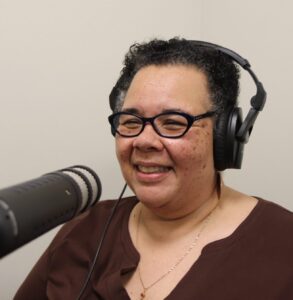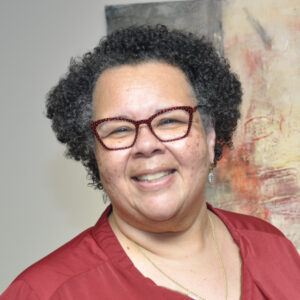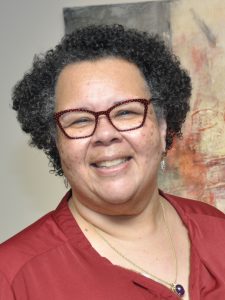Select an item by clicking its checkbox
Unprecedented. The current communal struggle to live through the viral pandemic is often called – unprecedented. In choosing to use this word, we are not so much trying to communicate that this moment of prolonged upheaval has never before happened. Historians routinely remind us that viral pandemics are part of United ...
In the late 1970s, the summer day camp hosted by my church was filled with children grades 1 to 6. The counselors, including me and my best friend Michele, were high school aged people. I taught Nature Studies and Michele taught Spanish. Along with these two subjects, the campers also took classes ...
What happens at the Wabash Center is not meant to stay at Wabash. This is not a statement about confidentiality nor about alleged indiscretions. By design, the unambiguous gift of the Wabash Center to faculty colleagues in religion and theology remains conversations to support the life of teaching. Our workshops, ...
Before the quarantine caused seismic interruptions, a cloistered education was deemed by many as the better education. This longstanding approach to education meant that the student would sequester from the world, study undisturbed from the goings-on of the world, to then emerge and return to the world as a learned ...
Have you ever asked a question in class for which you did not know the answer; a question for which you did not have THE one answer in mind? Have you ever planned an assignment or designed a learning activity that was so freewheeling that you did not know what ...


